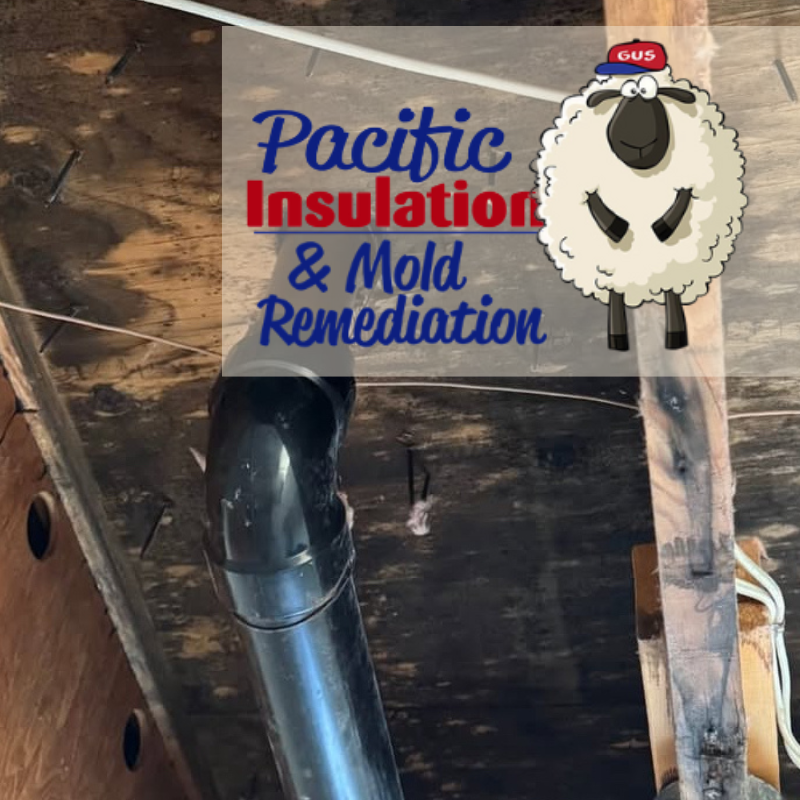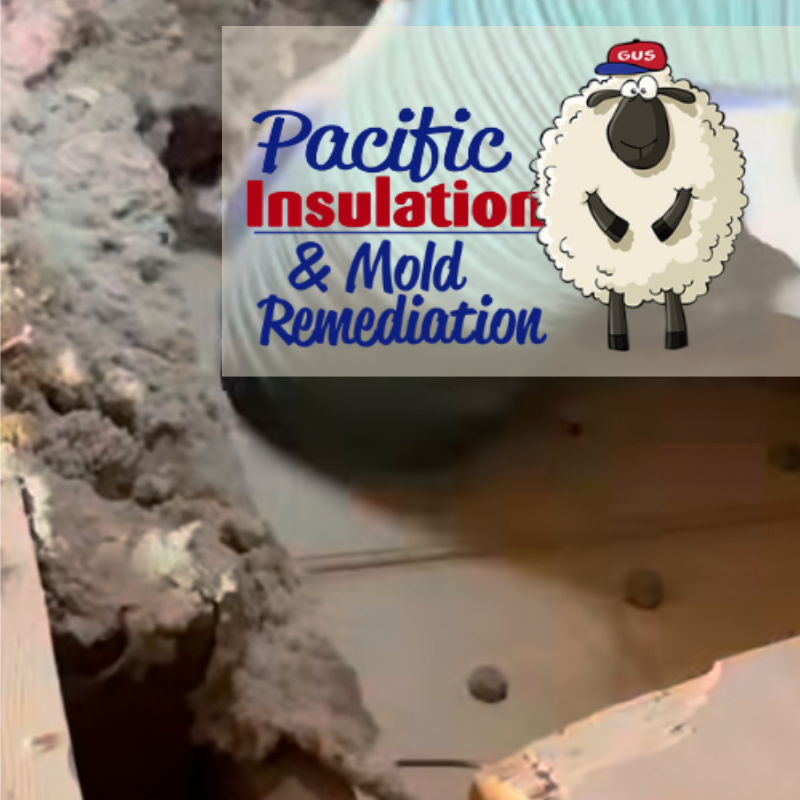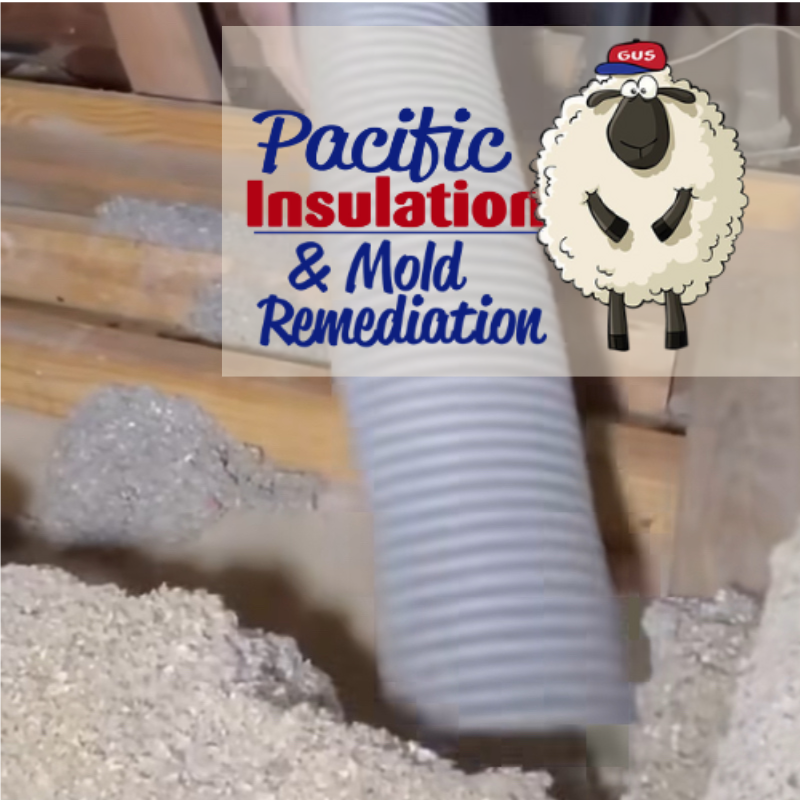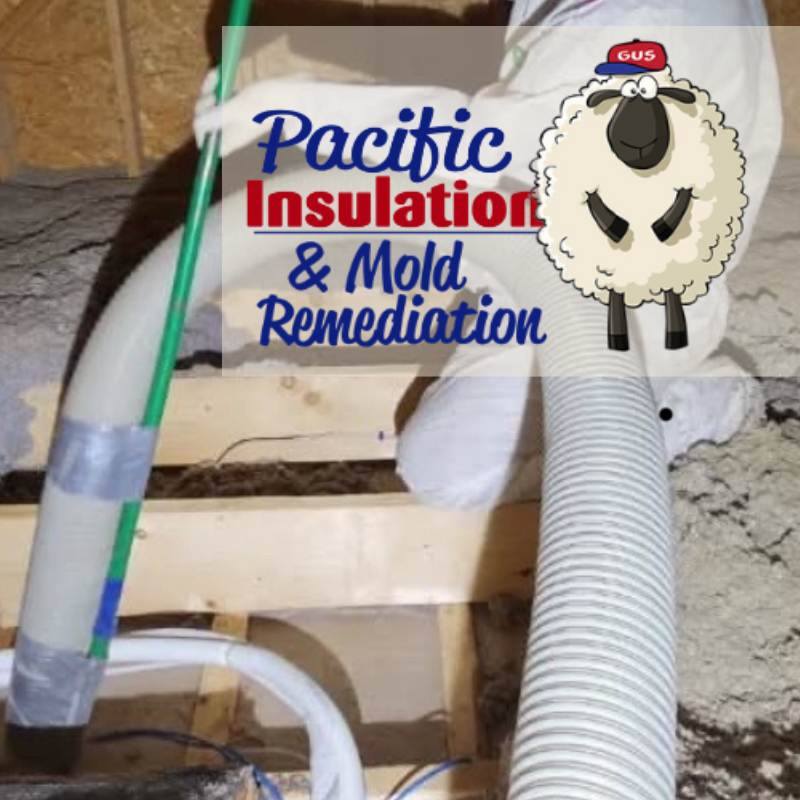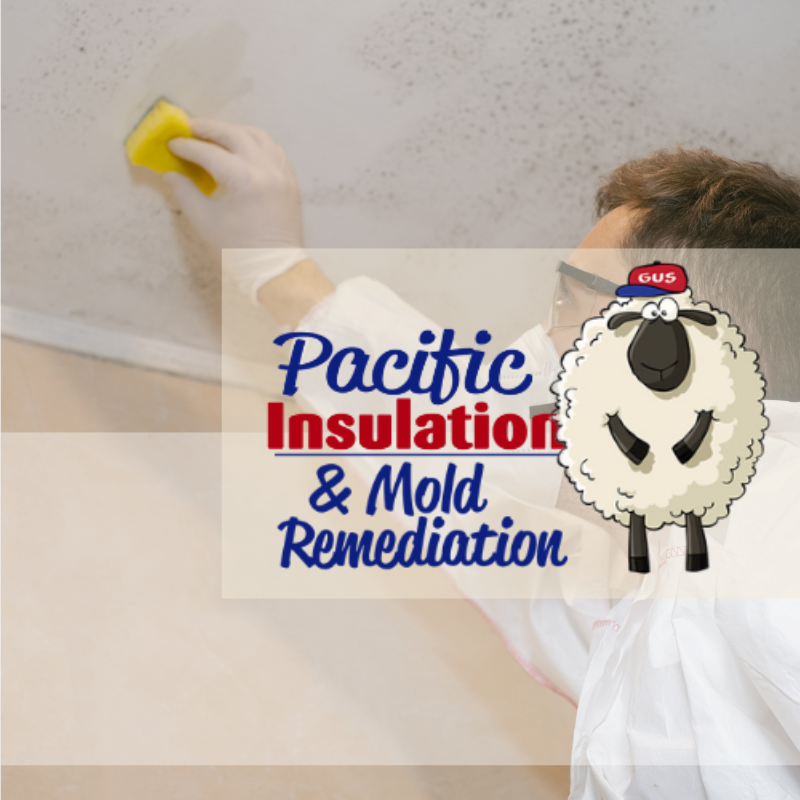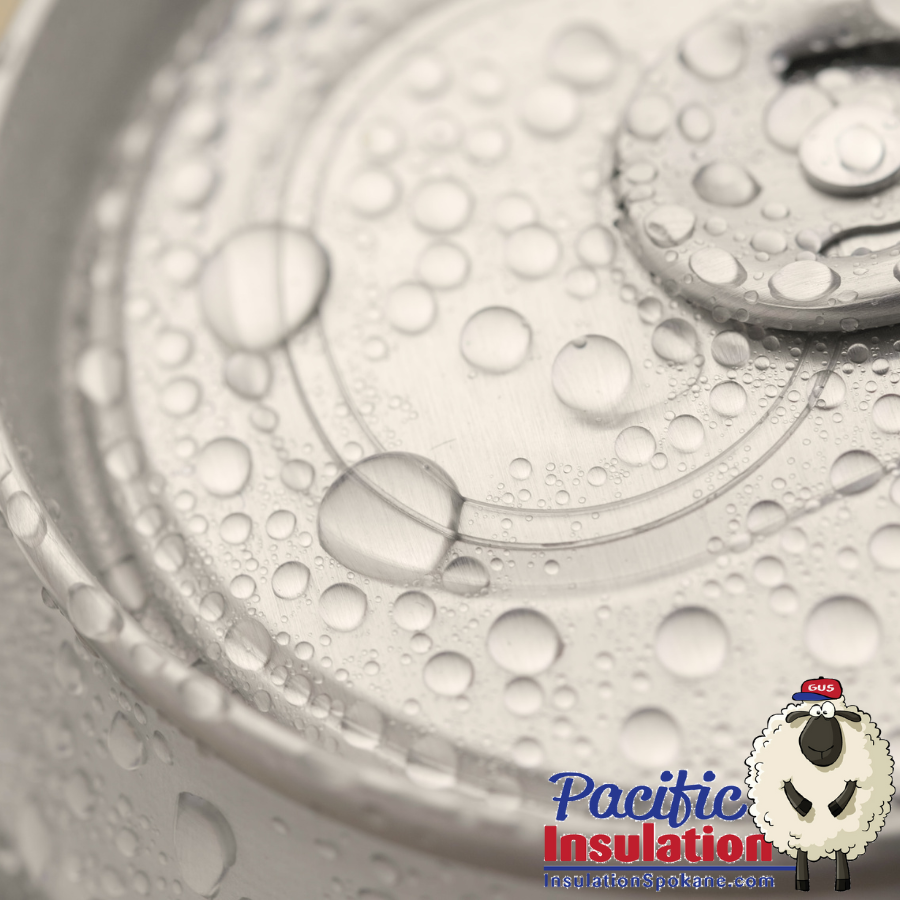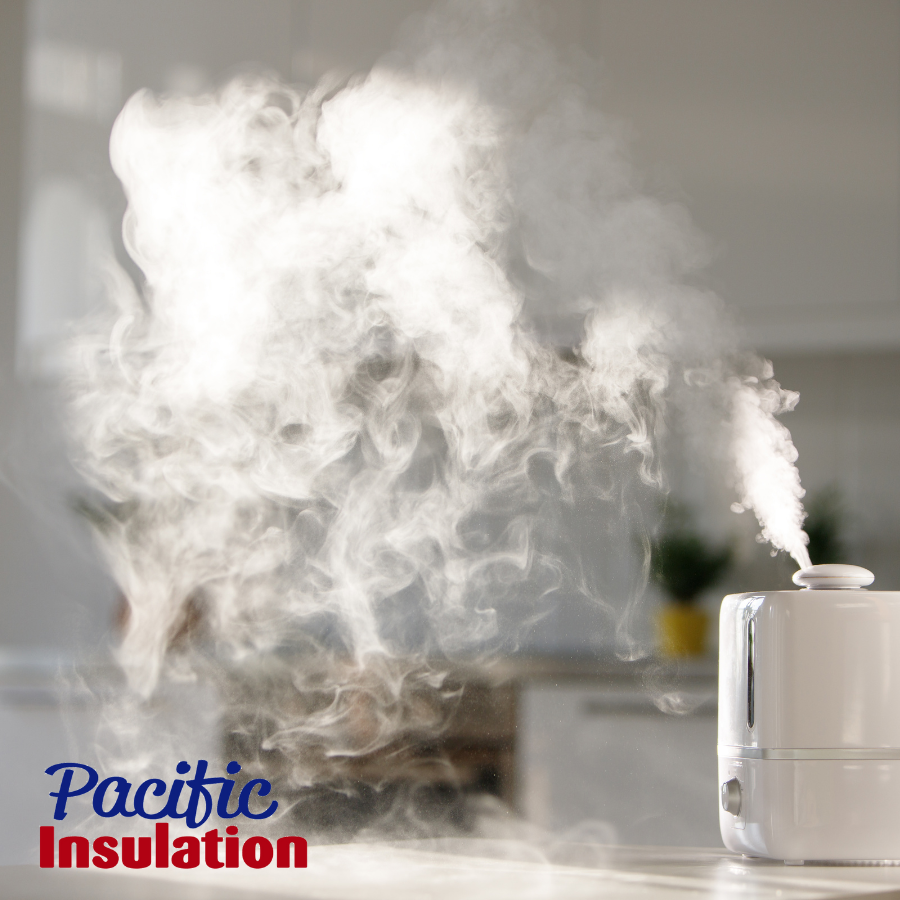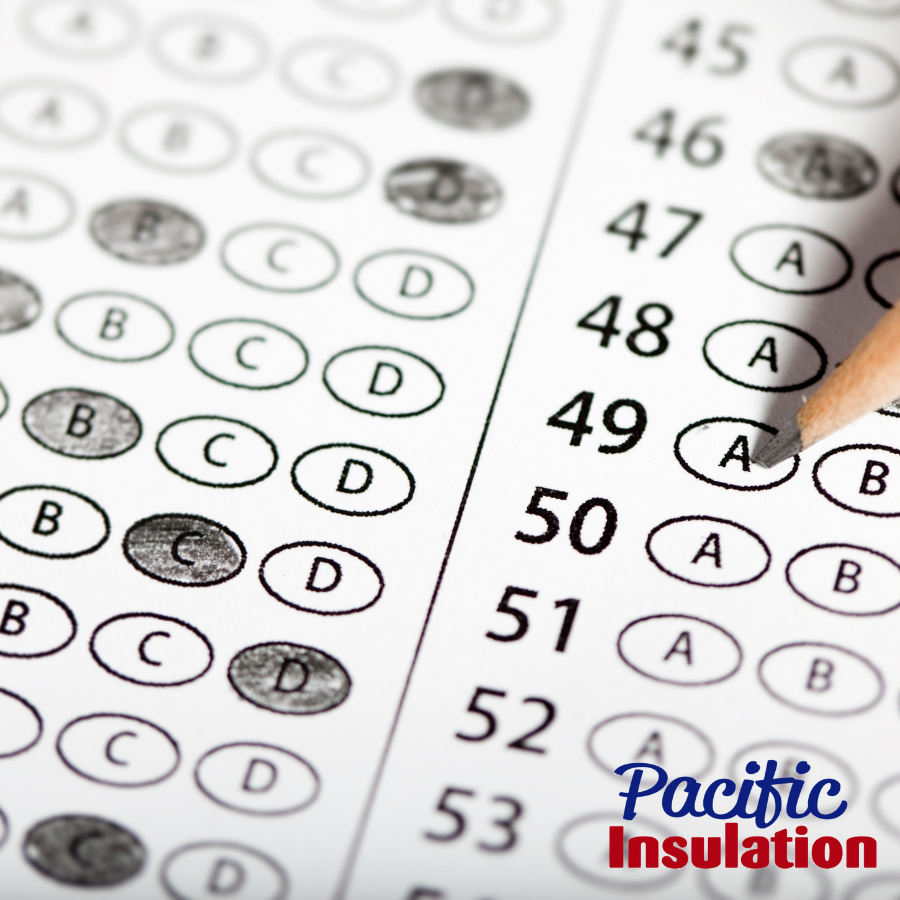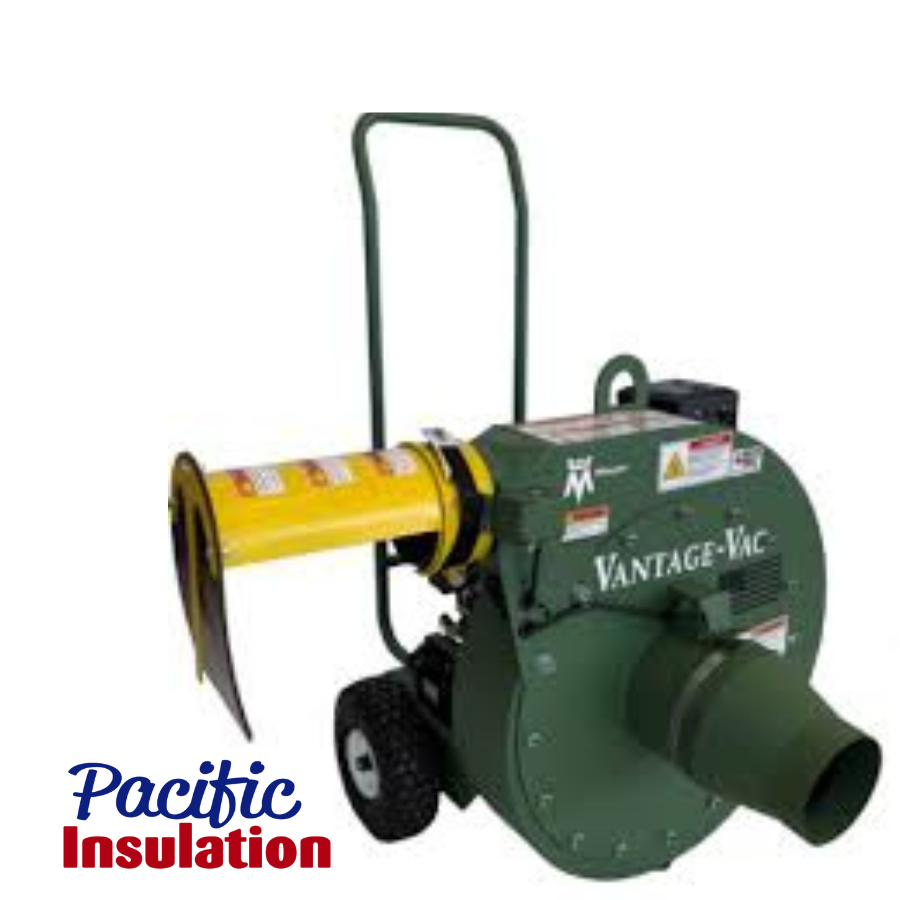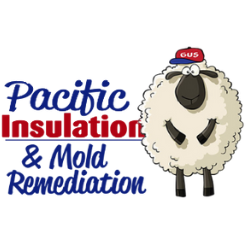Common Home Inspection Issues to Watch For
Cracks and Settlement
Imagine the foundation of your home as its backbone. If it's not strong and stable, everything else is at risk. Home inspectors often find cracks in the foundation, which can indicate settling or more serious structural issues. A few small cracks might be normal, but large cracks or those that let water seep through are a definite red flag. Cracks can be caused by natural soil movement, poor construction, or even tree roots growing too close to the structure. It's essential to differentiate between minor cosmetic cracks and those that signify significant structural concerns. A specialized foundation expert may be needed for a thorough assessment.
Water Damage
Water is great for a lot of things, but not when it comes to your home's foundation. Water damage can lead to mold, rot, and even more cracks. Inspectors will check for water pooling around the foundation or signs of water damage inside the basement or crawlspace. Proper drainage systems, such as gutters and downspouts, play a vital role in directing water away from the foundation. Poor grading or landscaping can also contribute to water accumulation, exacerbating foundational issues. Identifying water damage early can prevent further deterioration and costly repairs.
Roof Troubles: Over Your Head and Out of Sight
Shingles and Leaks
The roof is your home's first line of defense against the elements. Loose or missing shingles are a common home inspection issue and can lead to leaks. Water leaking through the roof can cause damage to the interior of the home, leading to expensive repairs. Inspectors will often check for signs of wear, such as curling or buckling shingles, which can indicate the roof is nearing the end of its lifespan. Timely roof maintenance can extend its life and ensure it continues to protect your home effectively.
Poor Ventilation
Good ventilation is crucial to prevent moisture buildup and prolong the life of your roof. Home inspectors often find insufficient ventilation in attics, which can lead to mold growth and higher energy bills. Proper attic ventilation helps regulate temperature, reducing the strain on heating and cooling systems. It also prevents ice dams in colder climates, which can cause significant roof damage. Addressing ventilation issues can improve energy efficiency and indoor air quality.
Plumbing Problems: The Flow Must Go On
Leaky Pipes and Faucets
A drippy faucet might seem like a minor annoyance, but it can be indicative of bigger plumbing problems. Inspectors will check for leaks under sinks, around toilets, and in basements. Leaks can lead to water damage and increase your water bill. Over time, unchecked leaks can also contribute to mold growth and structural damage. It's essential to address even minor plumbing issues promptly to prevent them from escalating into more serious problems.
Water Heater Woes
A home inspection will also include a check of the water heater. Inspectors look for signs of rust, leaks, or age, as these can all indicate that a replacement is needed soon. A failing water heater can lead to a lack of hot water and potential flooding if a tank bursts. Regular maintenance, such as flushing the tank to remove sediment buildup, can extend the life of the water heater and ensure its efficient operation.
Electrical Issues: Keeping the Sparks in Check
Outdated Wiring
Older homes often have outdated wiring that can't handle modern electrical demands. This is not just an inconvenience; it's a safety hazard. Inspectors will check for knob-and-tube wiring or aluminum wiring, both of which may need to be updated. Outdated wiring systems can pose a risk of electrical fires and may not be compatible with current electrical codes. Upgrading the wiring not only ensures safety but also supports the use of modern appliances and technology.
Faulty Outlets and Panels
Loose outlets or overloaded electrical panels are common issues found during home inspections. These problems can lead to electrical fires, so it's important to address them promptly. Inspectors will also check for GFCI outlets in areas prone to moisture, such as kitchens and bathrooms, to reduce the risk of electric shock. Ensuring your electrical system is up to date can enhance safety and prevent disruptions in your daily life.
HVAC Concerns: Your Comfort Zone
Inefficient Systems
Your heating and cooling systems should keep you comfortable without breaking the bank. During an inspection, the HVAC system will be checked for efficiency. Older systems or those in disrepair can lead to high energy costs and may need replacement. Regular maintenance, such as changing filters and cleaning ducts, can improve system efficiency and extend its lifespan. An efficient HVAC system not only reduces energy bills but also improves indoor air quality and comfort.
Poor Insulation
Insulation plays a huge role in maintaining your home's temperature. Inspectors often find insufficient or poorly installed insulation, which can lead to heat loss and higher energy bills. Proper insulation helps maintain a consistent indoor temperature, reducing the load on heating and cooling systems. Upgrading insulation in attics, walls, and crawlspaces can enhance energy efficiency and provide a more comfortable living environment year-round.
Exterior Elements: More Than Just Curb Appeal
Siding and Paint Problems
The exterior of your home is like its armor. Cracked or peeling siding and paint can let moisture in, leading to rot and other damage. Inspectors will look for these common home inspection issues to ensure the exterior is in good condition. Regular maintenance, such as repainting and sealing, can protect the siding and prolong its lifespan. Addressing exterior issues promptly can prevent underlying damage and preserve the home's structural integrity.
Window Woes
Windows should seal tightly to keep the elements out. Inspectors will check for broken seals, cracks, and other issues that could affect energy efficiency. Drafty windows can lead to heat loss and increased energy bills, making it essential to address any issues found during an inspection. Upgrading to energy-efficient windows can improve insulation, reduce noise, and enhance the home's overall aesthetic.
Interior Issues: Inside the Walls
Mold and Mildew
Mold is more than just unsightly; it can be a health hazard. Inspectors look for signs of mold and mildew, especially in areas prone to moisture like bathrooms and basements. Mold can cause respiratory issues and exacerbate allergies, making it crucial to address any growth promptly. Proper ventilation, moisture control, and timely repairs can prevent mold development and maintain a healthy indoor environment.
Structural Woes
Inside the home, inspectors will check for signs of structural issues like sagging floors or ceilings. These can indicate larger problems that need to be addressed. Structural issues may arise from poor construction, foundation problems, or water damage, and they often require professional evaluation and repair. Identifying and addressing structural concerns early can prevent more significant damage and ensure the home's safety and stability.
Conclusion: Be Prepared, Not Surprised
Knowing the common house inspection issues can help you prepare for what might come up during your home inspection. While it might be tempting to overlook some of these problems, remember that they can lead to bigger, more expensive repairs down the road. Being informed and proactive can save you a lot of headaches—and money—in the long run. Understanding the potential issues allows you to negotiate repairs or price adjustments with the seller, ensuring a fair deal.
In the end, a thorough home inspection can be your best friend in the home-buying process. It helps you understand the true condition of the home and negotiate repairs or price adjustments as needed. So, keep these common home inspection concerns in mind, and you'll be well on your way to making a smart home purchase. A detailed inspection report can also serve as a roadmap for future maintenance, helping you preserve your home's value and comfort over time.
Happy house hunting!
